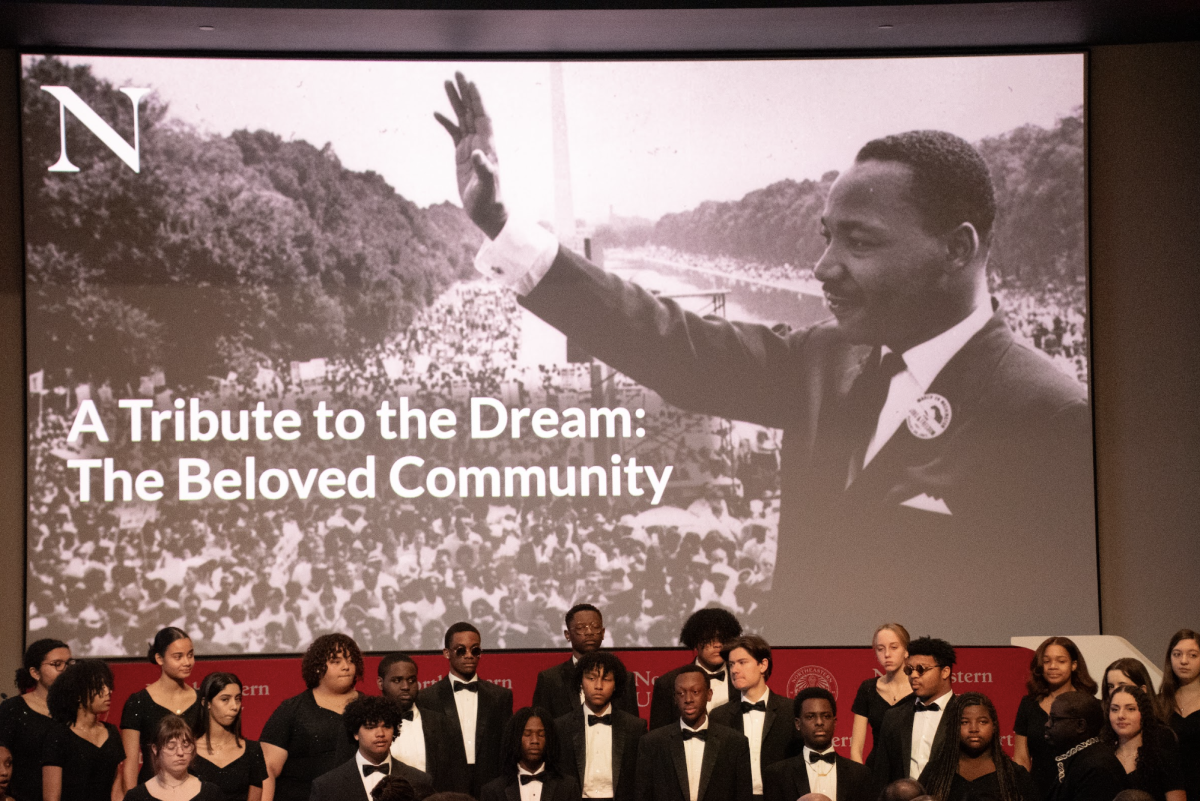By Rob Tokanel, News Staff
Of the 697 schools given Green Ratings for the Princeton Review’s 2010 editions of college guides and website profiles, Northeastern University was one of 15 nationwide to achieve Honor Roll status by receiving a perfect score of 99.
The ratings were posted on the Princeton Review’s website July 27 and will also be featured in the newest editions of ‘The Best 371 Colleges,’ ‘The Best Northeastern Colleges,’ and ‘Complete Book of Colleges,’ according to a Princeton Review press release from the same date. Northeastern and Harvard were the only two Massachusetts schools to make the Honor Roll.
The criteria for the ratings were based on three broad areas:’ the sustainability of the school’s campus life, how well students are being prepared to remain environmentally conscious after graduation and the school’s overall commitment to environmental issues, according to the press release.
Jerry Ziola, Northeastern’s Associate Director of Sustainability and Energy Management, said he was given a survey of 10 categories and more than 50 questions relating to a wide range of topics including energy use, food, buildings, recycling, academic offerings and transportation, each of which factored in the ratings.
‘We’ve done a myriad of projects, and the best thing about the survey is we were able to respond and put the data together,’ he said. ‘Now we have a baseline or benchmark of where we are.’
Ziola said the facilities department has focused heavily on reducing energy consumption over the past several years, helping to decrease greenhouse gas emission rates on campus by 20 percent since 2005.
Energy manager Joe Ranahan, who works closely with Ziola and Sustainability Program Manager Carol Rosskam to reduce energy usage on campus, said the most efficient way to reduce carbon emissions has been keeping up with the newest technologies.
‘We try to get as educated about new technologies as we can, because the best way to reduce your carbon is not to use carbon at all,’ he said.
For instance, he said the replacement of more than 70,000 lamps on campus between Thanksgiving and Christmas of last year with more efficient models reduced their energy use by 16 percent, which will translate to an annual savings of about $200,000.’ ‘
Ziola said the school’s rigorous environmental efforts are partly a result of a university-wide statement issued by Northeastern President Joseph Aoun in 2007 pushing for increased sustainability. He listed a multitude of actions the school has taken in the past several years to achieve that goal.
‘When we renovate buildings we go beyond current energy codes, which reduces our cost and energy,’ he said. ‘At our central heating plant, which has the capability to burn oil or natural gas, we burn all natural gas. We also buy electricity from suppliers that have increased portfolios in terms of renewable energy.’
Katie McEnaney, director of marketing and public relations for the Husky Energy Action Team (HEAT), said the group’s Do It In The Dark Campaign probably helped separate Northeastern from other schools during the rating process. The event, which challenges residence halls to save as much energy as they can, is the group’s biggest of the year. Ranahan said HEAT also played a major role in the process of ordering recycling bins for the apartment style dorms on campus, an initiative that is slated to take effect in the fall.
McEnaney said the group’s goals for the coming year include the establishment of a weekly farmer’s market on campus, as well as attempting to increase recycling options in the first floor of the Curry Student Center.
‘I think we’re definitely ahead and making a lot more strides than some other universities, but there’s no doubt in my mind that theres a whole lot more we’re going to do,’ McEnaney said.
‘








